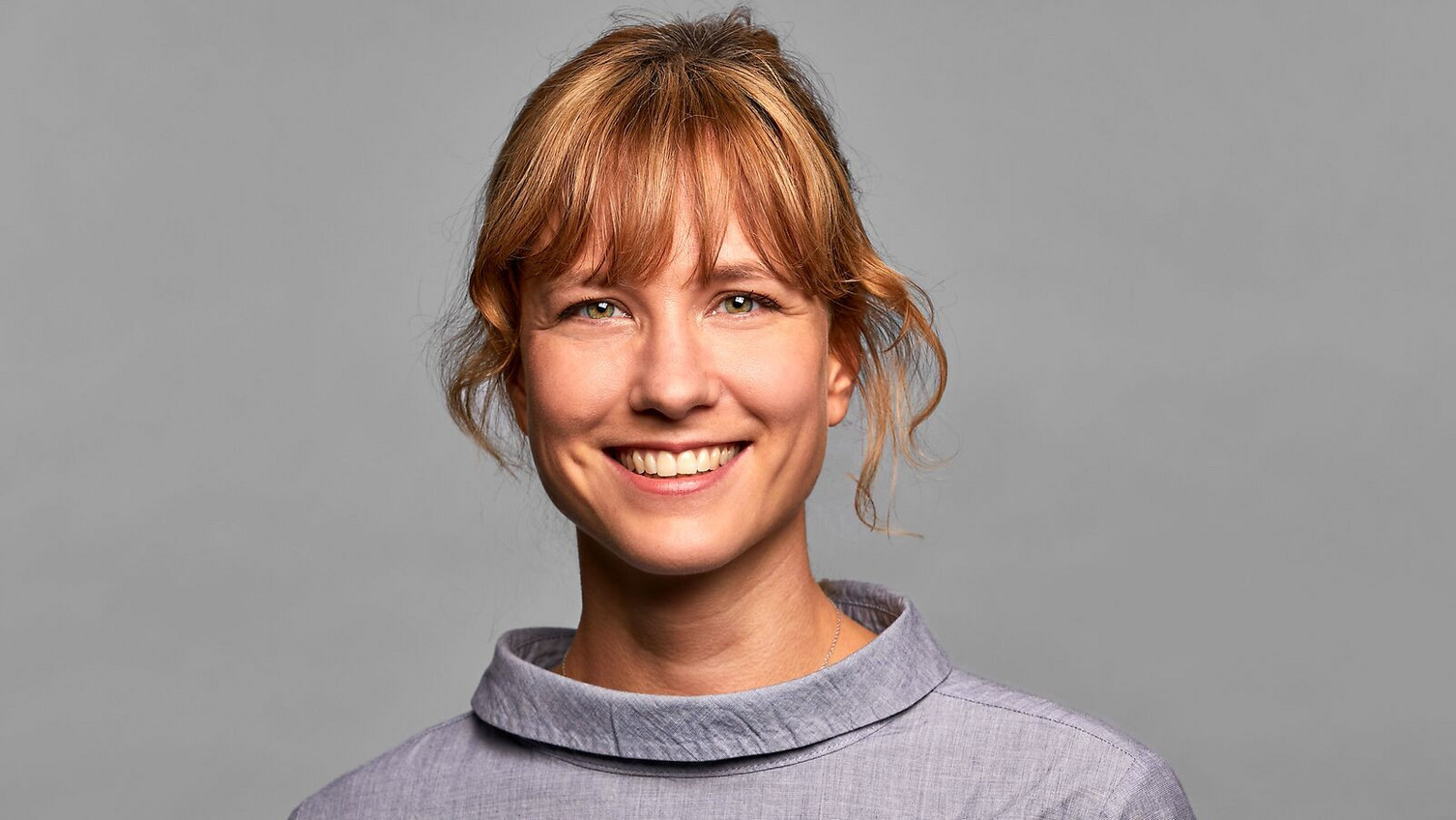New at Leuphana: Prof. Dr. Lea Boecker – Happy Gloating
2024-11-01 Schadenfreude has a bad reputation. Unfairly so, says psychologist Lea Boecker: ‘The joy felt is genuine, the reward centre is activated, and schadenfreude can make the world feel fairer.’ Now the researcher has been appointed as a junior professor of psychology with a focus on social transformation.
Professor Boecker, who will be gloating if Trump loses the election?
Lea Boecker: As you might expect, it will be the Democrats. We have just published a study on this. Four years ago, we interviewed Trump and Biden supporters in the US, but also in Germany. The more liberal the people were, the greater their schadenfreude at Trump's lost election. The more conservative they were, the more they felt sorry for the voters. They didn't understand why Trump had lost despite his – in their view – high prestige and ability.
So does schadenfreude have something to do with your own perspective?
Yes, this example shows it very well: it's about judgement. You can achieve status through prestige or dominance strategies. Prestige and ability are positive. The Democrats, on the other hand, tend to see Trump as dominant and bossy. Depending on whether I judge something negatively or positively, I feel pity or schadenfreude.
But schadenfreude is not necessarily a positive trait…
As a psychologist, I don't evaluate emotions, I describe and research them. I am particularly interested in what situations trigger schadenfreude and what function this emotion has. In the experiment, we measure schadenfreude via self-report or by contracting facial muscles. For example, we showed German football fans a missed Dutch penalty kick and, for comparison, a German goal. I expected a distorted, nasty laugh when feeling schadenfreude. But it wasn't like that: joy and schadenfreude activated the same facial muscles. When people are genuinely happy, their eyes laugh too. We also saw crow's feet when people felt schadenfreude. Brain scans from other studies even show that schadenfreude activates the reward centre.
How do you explain these research results?
We often feel schadenfreude towards people with high status and arrogant or moral behaviour. If they fail, we feel that they deserve it and that the world is a fair place after all. There are also studies that suggest that schadenfreude has the function of increasing one's own self-esteem. This emotion can also regulate social hierarchies, because schadenfreude allows me to look down on a person who was previously superior to me, so to speak.
At the Leuphana Labs, you work with physiological measurement methods, but also with AI-supported software. What do the experiments look like?
On the one hand, we use electromyography. For this purpose, electrodes are attached to the test subjects' faces. They measure muscle activity. But now I also use software that has been trained by artificial intelligence and automatically analyses facial expressions recorded on video. The AI first identifies important points of view such as the corner of the eye, the corner of the mouth and the eyebrows and adjusts a virtual model that seamlessly adapts to the face. This model enables the AI to analyse the movements. The facial movements are then translated and classified by an algorithm based on a huge database. This enables the software to predict with a certain degree of probability whether a smile is present, for example. This method is simpler than the physiological measurement of muscle contraction. I also use it in my seminars with students. Next, I want to investigate why people think that schadenfreude looks ‘nasty’.
Thank you for the conversation!
Lea Boecker studied psychology at the University of Würzburg and completed her doctorate at the Social Cognition Center Cologne. In 2018, she became an academic councillor at the Institute for Management & Organisation (IMO) at Leuphana. In 2024, she was appointed as a junior professor of psychology, in particular social transformation.

